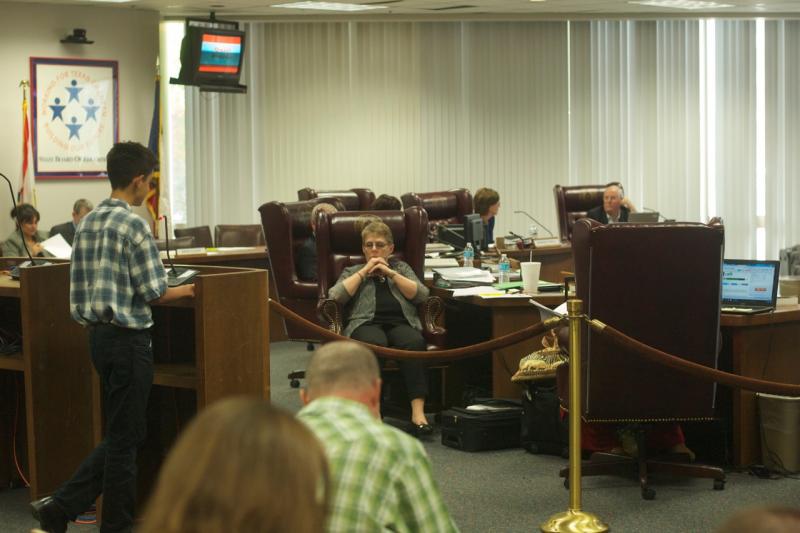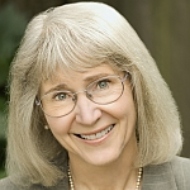At the public hearings on textbook adoption at the Texas Board of Education on September 17, there was an exchange that deserves to be noted. I mean, there were plenty of noteworthy exchanges, but most of the rest of them were on the crazy side. But this particular exchange deserves to be noted  because at first glance, it might seem easy which side to support. Whereas upon reflection, the other side is actually the more valid position.
because at first glance, it might seem easy which side to support. Whereas upon reflection, the other side is actually the more valid position.
The exchange started with board member Marty Rowley, who pitched a version of the “fairness” argument to more than one testifier. The textbook review process—like all governmental processes—should reflect public input. True enough. So therefore the textbook review process should include a wide range of people representing the public. So far so good.
The problem with the argument is only visible when we consider the committees that review the textbooks for accuracy of content. A wide range of public opinion shouldn’t necessarily be expressed here. Rather, the review committees need to be composed of people who know the science and the pedagogy. Yes, there should be a place for the public to express opinions about the curriculum—we live in a democracy, after all, and we cherish the right to express our views. This means that we also cherish the right of others to express their views. But while people have the right to express their own views, they don’t have the right to have their own facts. And accuracy of content is all about the facts.
Rowley was essentially contending that in the spirit of public participation, even people with no expertise in science should serve on the review teams. Fortunately, Edith Clark, an articulate retired teacher, responded firmly that people knowledgeable in science should be the reviewers, and that members of the general public should be able to provide their opinions outside of the formal review committee.
It was a good response. We all want the public to be able to give their input to governmental decisions; the question is where should that public input be made? There should be provisions for public commentary–such as through written comments and public testimony. But the review committees had a specific task: review the submitted textbooks in the light of the TEKS (the Texas science education standards). Whether natural selection and genetic drift are evolutionary mechanisms isn’t a matter of opinion; it is a matter of scientific expertise. Whether they’re being presented at a useful and age-appropriate level isn’t a matter of opinion either; it is a matter of pedagogical expertise. The members of the review committee should be chosen for their scientific and pedagogical expertise, not for their breadth of their opinions on unrelated topics.

